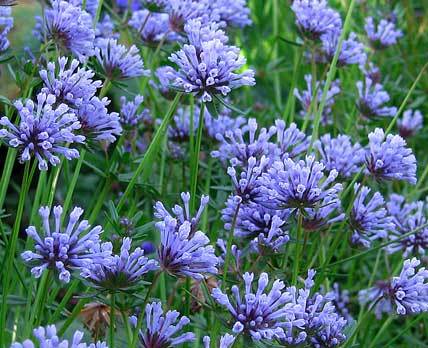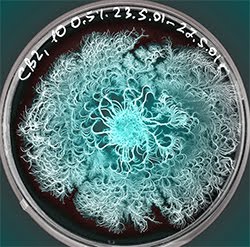|
With the holiday season coming up, families are busy adorning their houses with Christmas trees and wreaths. This year, many households are choosing organic ornamental plants as their contribution to the green initiative.
A consumer survey from the National Christmas Tree Association reported that 28.2 million christmas trees were sold in 2008. Conventional tree growing methods can be harmful to the environment because it involves herbicide, pesticides, and harsh fertilizers. These chemicals eventually end up in rivers, groundwater supply, animals, and eventually humans. Many growers have decided to switch to organic farming and a recent USDA report showed a 83% increase in organic nurseries and greenhouses in the U.S since 2004. However, rallying support for organic ornamental plants remains a challenge. Consumers buy organic fruits and vegetables because they realize that organic food is more healthy. However, purchasing organic non-edibles requires a new level of commitment since health is not a factor. Also, growers are reluctant to invest in organic fertilization or organic insect management because it is too costly and not as effective. Their main concerns are insect and disease management and fertility. Economically, organic plants are expensive to grow the the market demand for organic ornamental plants is still low. Consumers need to be more environmentally conscious and opt for products that are less harmful to the ecological system. They can even buy trees from local sources to boost the local economy and reduce transportation costs. During this season of giving, give back to not only your friends and families, but also to the environment. Go Green! For more information, visit http://www.sciencedaily.com/releases2009/12/091211093702.htm. ~HW
0 Comments
A recent study have shown that the number of native plant species in Europe is rapidly declining. Many native species such as the Blue Woodruff (Asperula arvensis), are becoming rare, and almost extinct. The Blue Woodruff is a type of weed that used to thrive in Germany and Austria but is now confined to Italy and Spain because of the agricultural practices, loss of habitat, and urbanization in Europe. Ironically, scientists claim that the biodiversity is actually increasing in Europe because of the increased number of alien species. One negative effect of alien species is that it cause plant communities to become more homogenous since the invasive alien plants become evenly distributed across the continent.
As humans become more populated, it is important to make room for plant life as well. After all, biodiversity is crucial for the balance in the environment. ~HW A new study published this week by the University of California, San Diego’s Center for Theoretical Biological Physics shows that bacteria play games, too.
Using a distinct network of genes and proteins, a colony’s bacteria communicate with each other in an effort to decide whether or not to form spores. A bacterium can respond to external stress by forming a spore, but with a cost: forming spores costs the “life” of the mother cell, but a copy of the DNA is preserved. However, if a bacterium fails to form a spore – in a state of “competence” – and absorbs through its membrane material from the dying cells, the bacterium has a higher chance of “dying” anyways. Thus, a dilemma arises that helps scientists better understand the benefits and detriments of game theory and Prisoner’s Dilemma. Ben Jacob, a fellow of the Center for Theoretical Biological Physics, explains the connection:” Prisoner’s Dilemma for bacteria is [that] each bacterium must decide whether… to cooperate, or escape into competence, or take advantage of the others… each cell has an internal timer whose pace changes according to the stress it experiences… In addition to internal stress, each bacterium adjusts the pace of its timer accordingly to the stress of its peers and their intention to sporulate or to go into competence.” This weighing of risks and benefits applies to human decisions as well. Should we receive the new H1N1 vaccine and face potential side effects, or should we take the risk of not receiving the vaccine? As with bacteria, humans are better off receiving the H1N1 vaccine if most other people do not receive the vaccine; and vice versa. Humans can only do as bacteria do and “adjust… to [their] peers.” GTB |
Categories
All
Archives
April 2024
|


